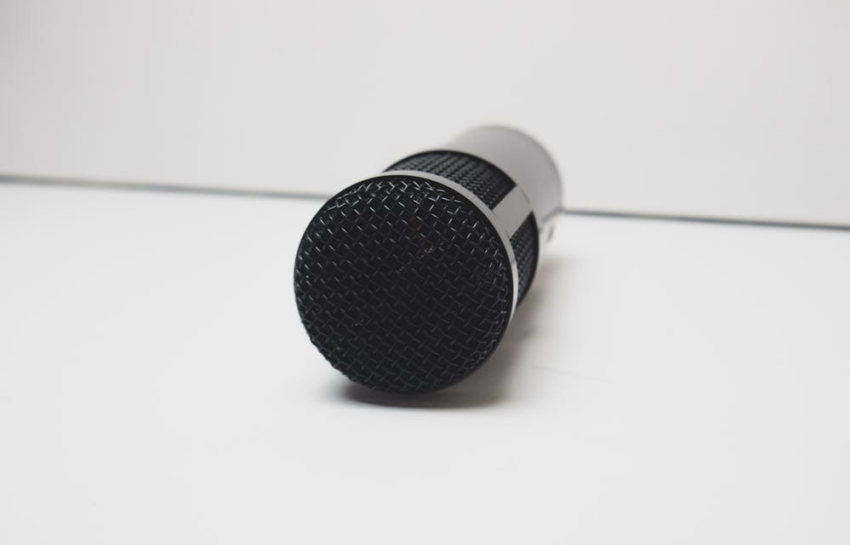Alright, let’s cut to the chase. Journalists and producers? They’re swamped. Like, inboxes-bursting, caffeine-fueled, deadline-racing kind of swamped. So if you’re dreaming of seeing your name (or your brand’s) in lights, you need a media pitch that punches through that chaos like a double espresso shot.
Let’s break down how to craft that irresistible pitch—the one that doesn’t get ghosted, but gets an actual reply (and maybe even a feature).
1. Start with a Killer Subject Line (No Clickbait Allowed)
The subject line is your make-or-break moment. According to Adweek, you’ve got under 10 words to get a journalist to even open your email. So ditch the clichés like “Revolutionary Product” or “Breaking News” — yawn. Instead, go for specificity and intrigue.
Try this:
“Remote Workers Are Burning Out Faster—Here’s What One Founder Did About It”
“Why This Teen’s Startup Got Acquired Before Graduation”
Personalize it when you can — include their name or reference their beat. “Hey [First Name], saw your story on [Topic] — thought you’d dig this angle.”
Pro-tip: Use tools like Headline Analyzer (CoSchedule) to test pitch subject lines. It’s free and freakishly helpful.
2. Nail the First Line Like Your Career Depends On It (Because It Might)
You opened with a subject line that actually got clicked. Great. Now what?
The first line should NOT be:
“My name is [XYZ] and I work with [Company]…”
Journalists know who you are from the signature. Instead, dive into the juice.
Example:
“After a record-breaking heatwave this summer, cities are racing to retrofit their infrastructure. Here’s how one startup is making solar sidewalks a reality.”
Boom. You’ve hooked them.
3. Offer a Story, Not a Sales Pitch
Journalists don’t write ads. They write stories. If you’re just pitching a product or promoting yourself without a compelling narrative, you’ll end up in the trash folder faster than you can say “thought leader.”
Here’s the formula that works:
Problem → Solution → Why It’s Timely
Let’s say you’re pitching a financial expert for a TV appearance. Don’t just say, “Jane Doe is available for interviews.” Instead:
“As inflation hits a 40-year high, many middle-class Americans are adjusting their portfolios. Jane Doe, a financial analyst who predicted the 2023 downturn, shares tips that are resonating with millennial investors.”
Now that’s a media-friendly angle.

4. Make It Personal — Yes, Really
Ever gotten a DM that was clearly mass-sent? Same energy in pitches will get you ignored.
Do your homework.
Mention a recent story the journalist wrote, compliment their angle, and show that you’re not just spraying pitches at random. From PR Daily’s 2024 trends report, 78% of journalists say irrelevant pitches are their number one pet peeve.
Use tools like Muck Rack or Hunter.io to find journalists who actually cover your beat. And for the love of PR, spell their name right.
5. Keep It Tight, But Make It Snackable
Think of your pitch like a fancy appetizer — small, flavorful, and leaving them hungry for more.
Ideal pitch length? Around 150-200 words. Use bullet points for quick facts or stats. Link to a press kit, video, or prior coverage, but don’t attach huge files. That’s a one-way ticket to Spamland.
Want to sweeten the deal? Offer an exclusive. Journalists love a scoop.

6. Include the Right Media Assets (And Only the Right Ones)
Don’t make them chase you for headshots or bios. Include a link to a Google Drive or Dropbox folder with:
- Hi-res images
- Short bio
- Company background
- Past interviews or coverage (if any)
Label everything clearly. This isn’t your desktop chaos; this is your shot at media gold.
7. Follow Up Without Being a Stalker
Look, journalists expect a follow-up. Just don’t be annoying about it.
Wait 3–5 business days, and if you haven’t heard back, reply to the same thread with a quick nudge:
“Hey [Name], just checking in to see if this fits your upcoming stories. Happy to connect you with the expert or send more info!”
If you still don’t get a response, move on. Or pitch a different angle later. Don’t burn bridges.
8. Bonus: Pitch Formats That Are Working in 2024
- Expert commentary pitches— especially for financial analysts, healthcare experts, or attorneys (they’re gold for live TV)
- Data-driven insights— got numbers? Journalists will love you
- Local heroes— for community papers or local TV, these always win
- Podcast guest pitches— niche is in, especially with industry-specific podcast booking agents
Final Thoughts: It’s About Them, Not You
If there’s one takeaway from this, let it be this: Your pitch should make the journalist’s job easier, not harder. When you provide timely stories, credible voices, and relevant angles, you’re not begging for coverage — you’re collaborating.
And that’s the real flex.
Maximize Your Brand’s Reach with Expert Media Placement
Ready to turn heads and secure your spot in the spotlight? TV booking agents at OTA Talent are here to help. From podcasts to prime-time television, our team connects you with platforms that matter. Whether you’re a founder, doctor, or thought leader, we’ll help you book national TV appearances and expand your media footprint. Let’s make it happen.
Call today and own your story.















